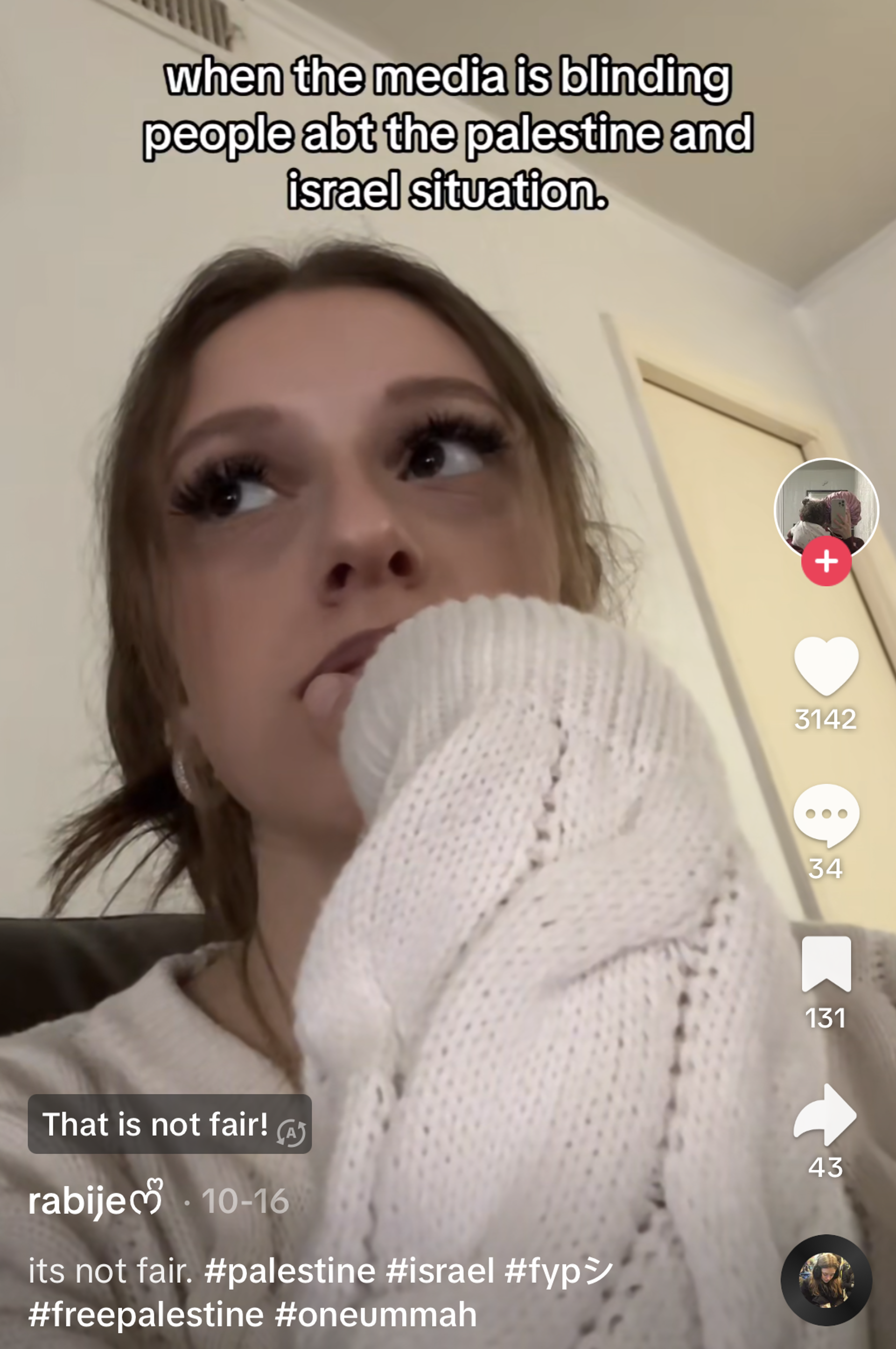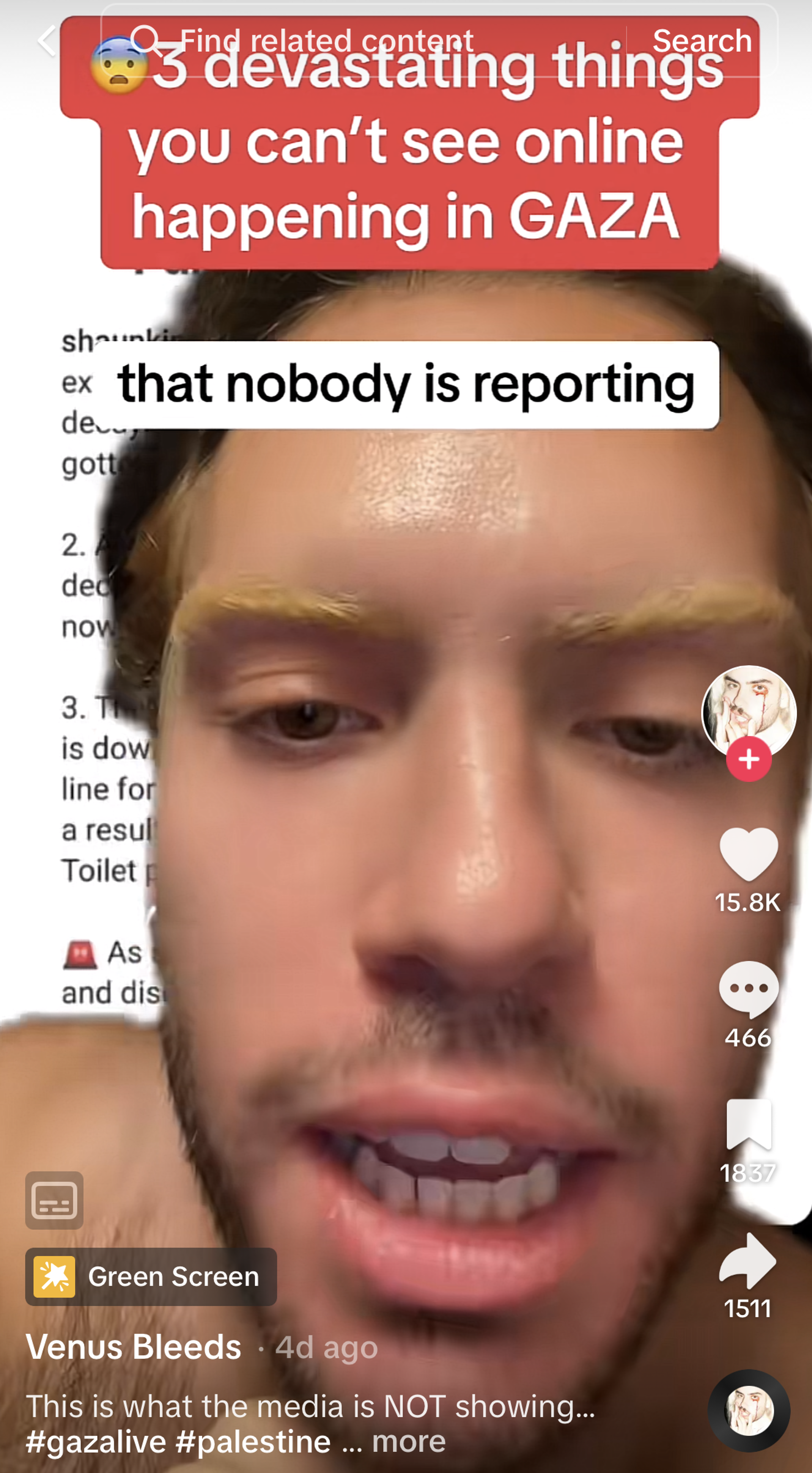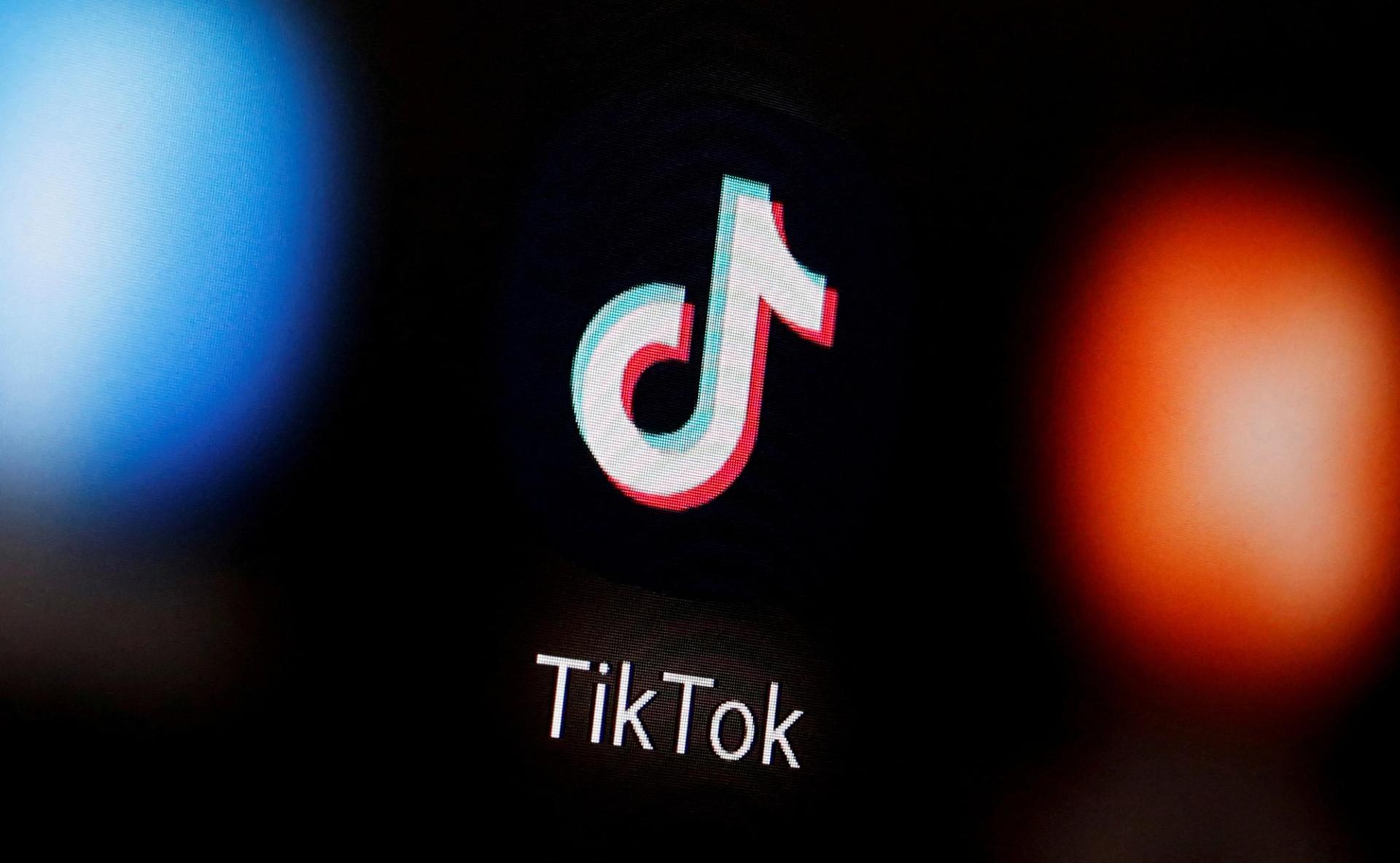The News
Is Israel “losing the information war” on TikTok? That’s the central argument of a widely-shared thread on X reposted by several influential writers, right-wing voices, and a Republican senator. It claimed that TikTok poses a threat to U.S. national security by spreading false information and serving overwhelmingly pro-Palestine videos to young people.
Audiences on TikTok do appear to be more receptive to content that leans pro-Palestine, with Palestine-related hashtags getting more views than Israel-related tags. While many videos show TikTokers simply expressing support for the Palestinian cause, other content includes everything from historical explainers — some distorted, others accurate; on-the-ground footage from Gaza; and sometimes misleading or exaggerated claims about the war, some of which downplay Hamas’ attack on Israel.
A number of factors explain the popularity of pro-Palestinian and anti-Israel sentiments on TikTok.

SIGNALS
One obvious reason is that the demographics of TikTok users line up more closely with those who are most likely to support Palestine. TikTok is especially popular among young people, and polls have shown that younger generations, at least in the U.S., are more likely than older Americans to be sympathetic to Palestine and critical of Israel during the recent conflict. Gen Z is also increasingly turning to TikTok for news, a Reuters Institute for the Study of Journalism study found this year. TikTok is also especially popular in several countries whose populations lean more pro-Palestine than the U.S., including Indonesia and Turkey.
TikTok’s engagement-driven algorithm, like other social medias’, likely fuels polarization, American University communications professor Adrienne Massanari told Semafor. The app’s suggested videos are heavily based on user behavior, so showing interest in one Palestine-related video can lead to a flood of that content on your For You Page. “It kind of creates this infinite snowball,” Massanari said. “Everything starts building, it appears as if all of the content on the platform is coming from that particular perspective.” That can push more creators to weigh in on the conflict, yielding “a lot of hot takes” she said.
Many young people turn to TikTok because they feel disillusioned by Western legacy outlets — and even other social media platforms — when it comes to the conflict. Creators and TikTok news junkies say the app provides an unfiltered, independent lens on complicated issues. “This is exactly why they wanted to ban TikTok. ... TikTok is an effective means to spread information,” one pro-Palestine creator said in a video this month. “Traditional press can be somewhat unified in certain narratives,” another told The Washington Post. And other platforms like Meta’s Instagram have faced criticism over claims that they reduced the visibility of pro-Palestine content and incorrectly added “terrorist” to some account bios written in Arabic.

The war has led to a flood of false and offensive information on social media platforms from all sides of the conflict, and TikTok is no exception. Experts said a reliance on hot takes and short explainers can lead to skewed, exaggerated, or false information. “If you see something and it’s making a fairly profound claim, and you’re not seeing it in your legacy mainstream outlets, that’s a problem,” Jeffrey Blevins, a University of Cincinnati professor who’s studied social media and social justice, told Semafor. A TikTok feature also allows users to boost their videos in search results for just a few dollars, “opening a low-cost pathway to spread propaganda” about the war, Fortune reported. TikTok said this week that since the war broke out, it has removed over 775,000 videos and shut down over 14,000 livestreams that violated their guidelines for promoting violence, terrorism, hate speech, or falsehoods.
No India. TikTok, alone among big global platforms, has been banned in India since a military clash with China in 2020. The giant country’s politically dominant Hindu right is aligned with Israel, and has pumped a deluge of pro-Israel content, much of it fake, onto other platforms, tilting their balance toward Israel. It’s also flooding Indian social media. Because of the country’s ban, that’s all absent from TikTok.

